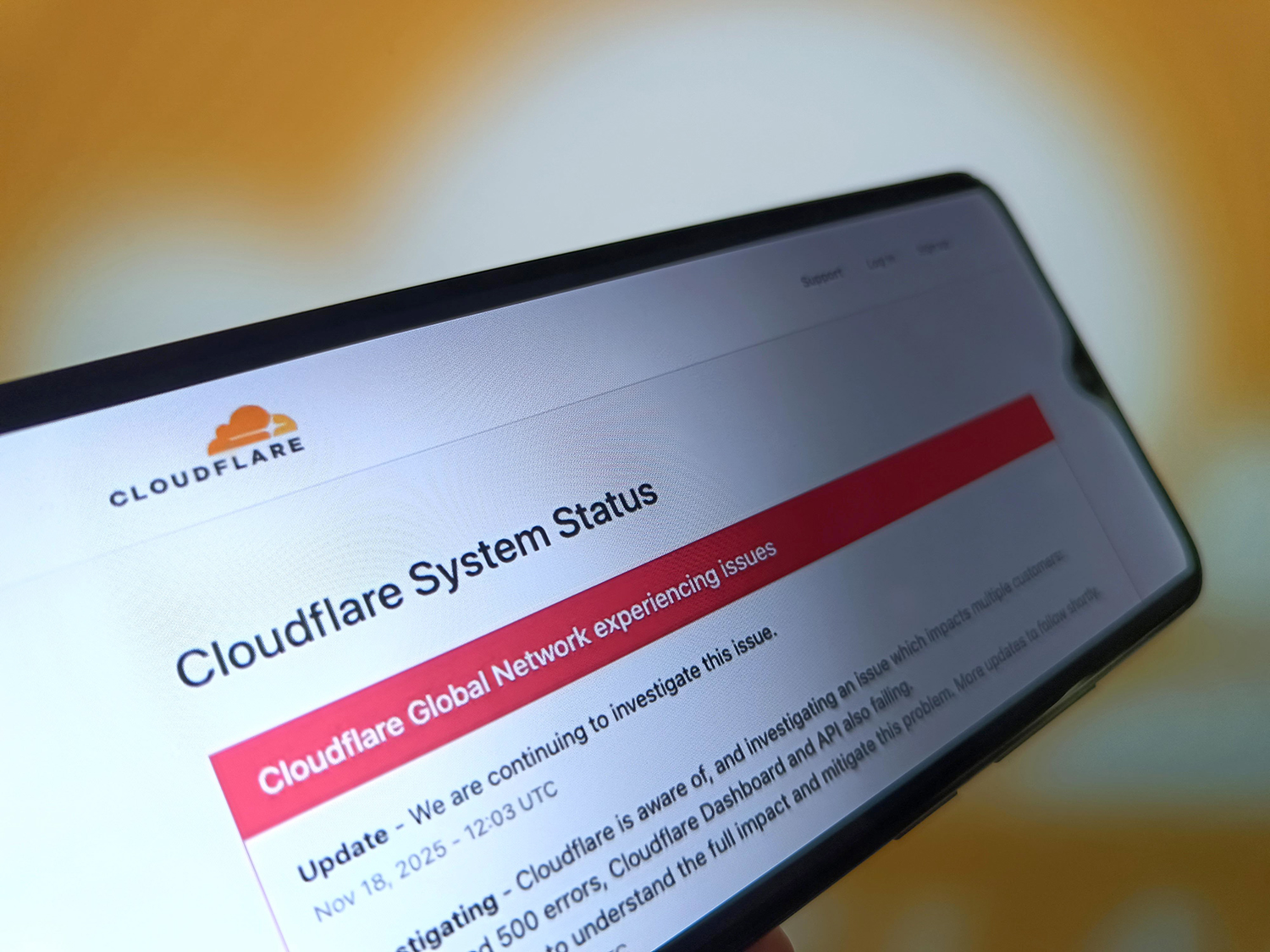House votes to force TikTok to sell or face US ban
The House passed a bill to ban TikTok on national security grounds unless it sells to a non-Chinese company


A free daily email with the biggest news stories of the day – and the best features from TheWeek.com
You are now subscribed
Your newsletter sign-up was successful
What happened
The House on Wednesday overwhelmingly passed a bill to ban TikTok on national security grounds unless its Chinese owner, ByteDance, sells the app to a non-Chinese company.
Who said what
TikTok is a "valuable propaganda tool" the Chinese Communist Party can exploit, Rep. Cathy McMorris Rodgers (R-Wash.) said, and its in-app push alert to lobby lawmakers against the bill is "just a small taste of how the CCP weaponizes applications it controls" to "further its agenda." "It's a ban based on zero evidence," TikTok spokesperson Jodi Seth said.
The commentary
TikTok's security threat has "far less to do with who owns it" than "who writes the code and algorithms," the opaque ByteDance-owned "magic sauce" that makes "TikTok tick," The New York Times said. China will not sell its algorithm.
The Week
Escape your echo chamber. Get the facts behind the news, plus analysis from multiple perspectives.

Sign up for The Week's Free Newsletters
From our morning news briefing to a weekly Good News Newsletter, get the best of The Week delivered directly to your inbox.
From our morning news briefing to a weekly Good News Newsletter, get the best of The Week delivered directly to your inbox.
What next?
The bill faces an uncertain fate in the Senate. President Joe Biden has said he would sign the legislation. But Former President Donald Trump, who tried to ban TikTok when in office, reversed course last week and opposed any ban after pressure from a Republican megadonor with a $15 billion stake in ByteDance.
A free daily email with the biggest news stories of the day – and the best features from TheWeek.com
Peter has worked as a news and culture writer and editor at The Week since the site's launch in 2008. He covers politics, world affairs, religion and cultural currents. His journalism career began as a copy editor at a financial newswire and has included editorial positions at The New York Times Magazine, Facts on File, and Oregon State University.
-
 What are the best investments for beginners?
What are the best investments for beginners?The Explainer Stocks and ETFs and bonds, oh my
-
 What to know before filing your own taxes for the first time
What to know before filing your own taxes for the first timethe explainer Tackle this financial milestone with confidence
-
 The biggest box office flops of the 21st century
The biggest box office flops of the 21st centuryin depth Unnecessary remakes and turgid, expensive CGI-fests highlight this list of these most notorious box-office losers
-
 TikTok finalizes deal creating US version
TikTok finalizes deal creating US versionSpeed Read The deal comes after tense back-and-forth negotiations
-
 Is social media over?
Is social media over?Today’s Big Question We may look back on 2025 as the moment social media jumped the shark
-
 Data centers could soon be orbiting in space
Data centers could soon be orbiting in spaceUnder the radar The AI revolution is going cosmic
-
 AI griefbots create a computerized afterlife
AI griefbots create a computerized afterlifeUnder the Radar Some say the machines help people mourn; others are skeptical
-
 Australia’s teen social media ban takes effect
Australia’s teen social media ban takes effectSpeed Read Kids under age 16 are now barred from platforms including YouTube, TikTok, Instagram, Facebook, Snapchat and Reddit
-
 Separating the real from the fake: tips for spotting AI slop
Separating the real from the fake: tips for spotting AI slopThe Week Recommends Advanced AI may have made slop videos harder to spot, but experts say it’s still possible to detect them
-
 Blackouts: Why the internet keeps breaking
Blackouts: Why the internet keeps breakingfeature Cloudflare was the latest in a string of outages
-
 X update unveils foreign MAGA boosters
X update unveils foreign MAGA boostersSpeed Read The accounts were located in Russia and Nigeria, among other countries
